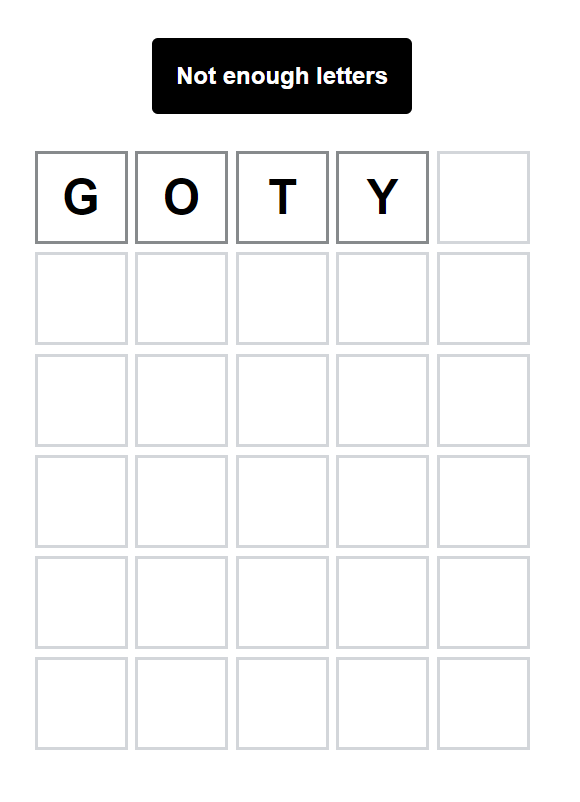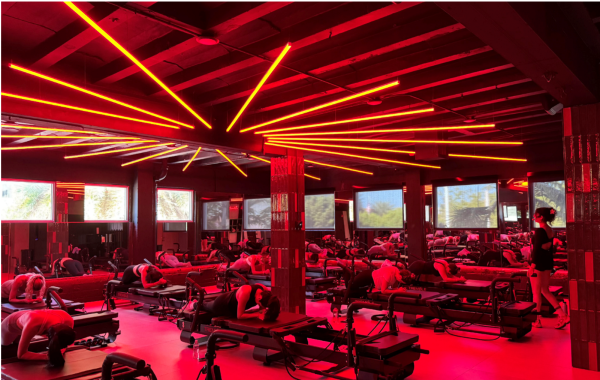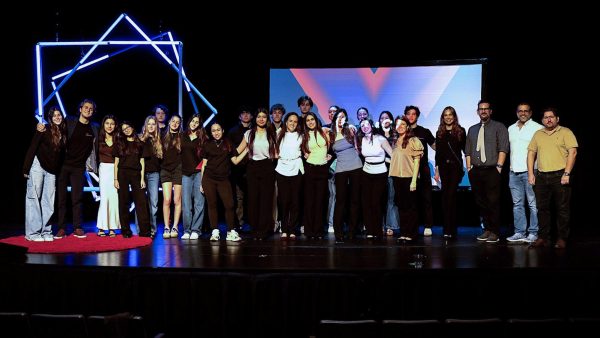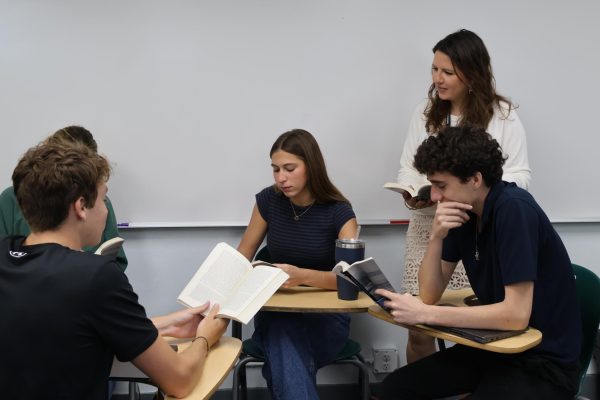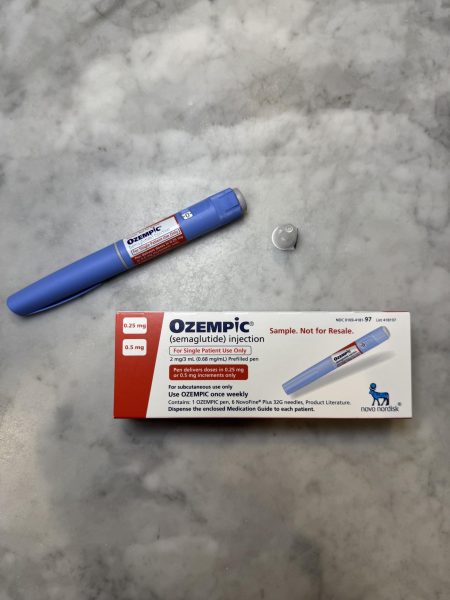Have you done the Wordle? At RE, the answer is probably yes
At any given point in time, there is a video game that can claim to be the word on the street. Fortnite, Clash of Clans and Stumble Guys have all had their peaks, both in the broader culture of American gaming and in the RE community in particular.
These games have a few elements in common that help them reach a critical mass of players—especially high-school players. They are online games that involve playing with other people; they are complex, requiring a lot of skill; they are replayable but not repetitive.
Surely one would think that the most popular game of 2022 would follow suit. But in many ways, Wordle could not be more different.
Wordle, for those who have somehow managed not to hear about it, is a simple word game developed by Josh Wardle, originally for the purpose of playing with his wife. The way the game works is that you have 6 tries to guess a five-letter word. In a guess, if a letter is gray, it is not in the word. If it is highlighted yellow, it is in the word, but it’s not in the right place. If it is highlighted green, it is in the word and in the right place. After six tries, the game tells you the word, and you must wait until the next day to get another attempt.
Wardle published the game in October 2021, but the game really started to gain traction after the share feature was added in December. Here at Ransom Everglades, the game became the talk of the campus shortly after winter break. The craze has died down slightly in the months since, but it is still going strong, with many students (and even several faculty members) devotedly completing the Wordle every day. “Did you do the Wordle today?” has become a common question on campus.
The fact that it can be played once a day plays a significant role in the popularity of the game. People take their time to get it right, since you have to wait until the next day to attempt it again, and they have something to brag about when they do.
“Wordle makes me feel smart, for lack of a better word, because I know I am challenging my brain to make coherent words,” said Kira Oglesby ’22. “It’s one of the first things I do when I wake up in the morning, and I look forward to it every day.”
Spoiling the Wordle on any given day has also become a kind of taboo. When a sophomore emailed the whole school with the answer to the Wordle, it sparked mass outrage among the student body.
The Wordle craze has also driven students to a number of spin-offs that copy or extend the original concept, including Globle, Poeltl, Heardle, Crosswordle, WARdle, and Semantle. Like Wordle, these games tend to work by giving the user the clues to a daily answer, with green and yellow highlighting to indicate whether the user has guessed a component correctly.
“The Wordle spin-offs like Globle, Nerdle, Heardle, and Wordle in Spanish also expand my mind because a lot of the answers [are things] I do not know or do not think of daily,” said Oglesby. “It really opens your mind up to new things, which is cool.”
Strategies for the game vary from person to person, but most players agree that it is beneficial to start with a word that contains several different vowels. “I usually just start with ‘audio’ and then take it from there based on what letters I get,” said Collin Goff ’24. “There really is no way to predict what comes next; it really depends.”
Wardle sold the game to the New York Times in January for over $1 million. After the Times added the game to their library of word games, players expected that the media giant would add advertisements or alter the formula. So far, Wordle is the same as it has always been, with simple squares on a white background. And for now, at least, the players are still coming back.


